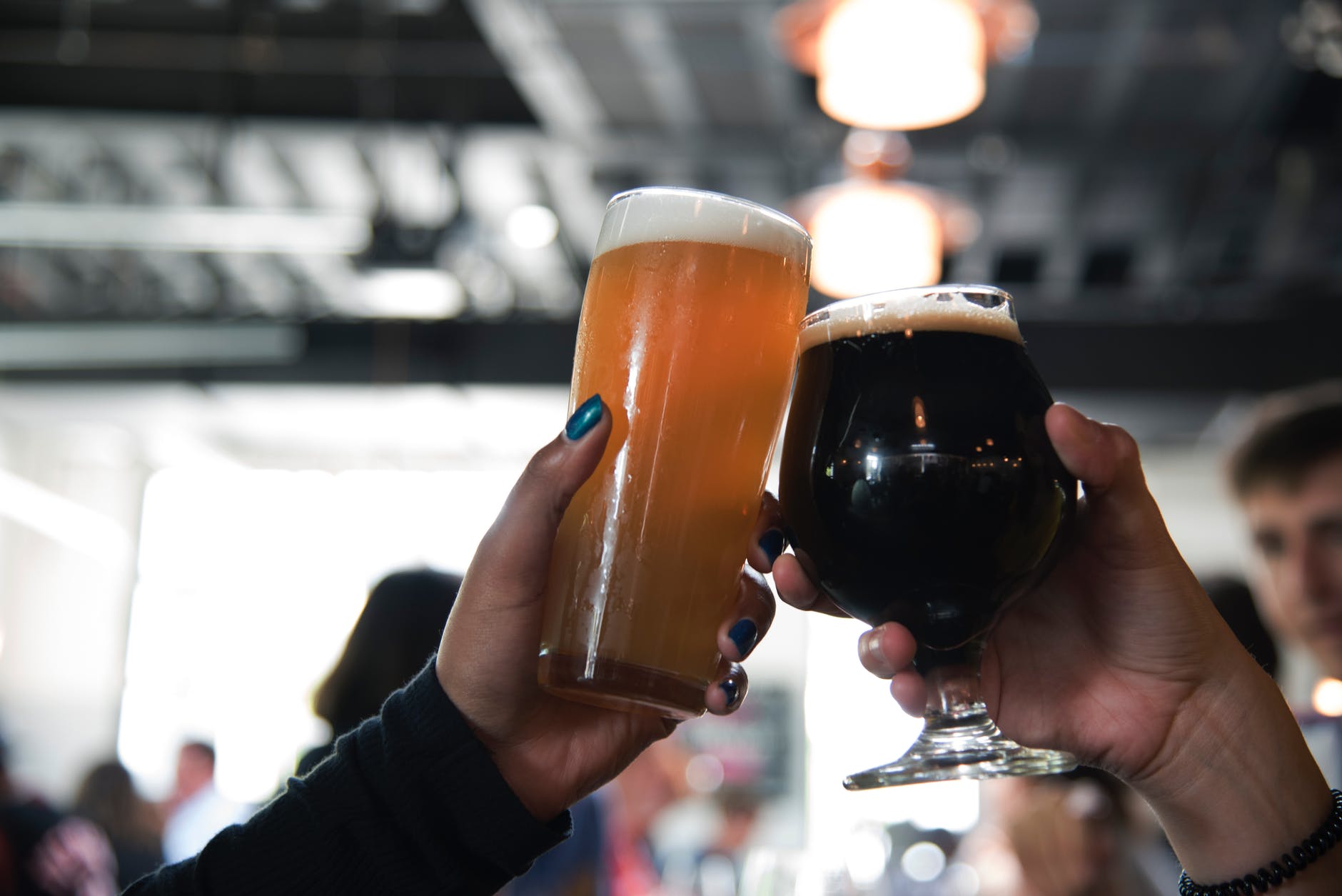
Beer brewing is an age-old practice that has evolved and thrived throughout history. It’s not just a beloved beverage; it’s an art steeped in tradition and chemistry. From ancient civilizations to modern microbreweries, beer has played a significant role in societies worldwide.
Intriguingly, there are several extraordinary facts about beer brewing that may surprise even the most dedicated beer enthusiasts. Whether it’s the unique ingredients, brewing techniques, or cultural influences, the world of beer is full of fascinating tidbits that make it more than just a refreshing drink.
So, sit back, grab a cold one, and prepare to be amazed by these 16 extraordinary facts about beer brewing.
Key Takeaways:
- Beer brewing is an ancient art that involves fermentation, hops, and unique yeast strains, resulting in over 100 different beer styles to suit every palate.
- From being used as currency in ancient civilizations to being brewed in space, beer has a rich history and continues to be a source of celebration and innovation in the modern world.
Beer is one of the oldest alcoholic beverages in the world.
For thousands of years, people have been brewing beer using various ingredients like barley, hops, water, and yeast.
The process of brewing beer is called fermentation.
During fermentation, yeast consumes the sugar in the ingredients and produces alcohol and carbon dioxide.
The bitterness of beer comes from hops.
Hops not only add bitterness but also provide aroma and help with the beer’s preservation.
There are over 100 different styles of beer.
From lagers to ales, stouts to IPAs, there is a beer style to suit every palate.
The world’s strongest commercially available beer has an alcohol content of 67.5%.
Brewed by Brewmeister, “Snake Venom” holds the Guinness World Record for the strongest beer.
Some beers are brewed using wild yeast strains.
Brewers often experiment with unique yeast strains, resulting in distinct flavors and aromas.
The oldest known recipe for beer is over 4,000 years old.
Written on a Sumerian poem, the recipe includes ingredients like barley, honey, and date palm.
Beer is a rich source of nutrients.
It contains vitamins, minerals, antioxidants, and even fiber, making it a surprisingly healthy beverage in moderation.
Beer was often used as currency in ancient civilizations.
In Mesopotamia, beer was considered a valuable commodity and used for trade and payment.
The world’s largest beer festival, Oktoberfest, attracts millions of visitors every year.
Held in Munich, Germany, Oktoberfest is a celebration of beer, food, and Bavarian culture.
The Czech Republic consumes the most beer per capita.
The Czechs have a long-standing beer-drinking tradition, with an average consumption of 142.6 liters per person per year.
The art of beer tasting is called zythology.
Zythologists are experts in evaluating and appreciating different beer flavors, aromas, and styles.
There is a beer brewed specifically for dogs.
Dog-friendly breweries have created “dog beer” which is non-alcoholic and made with ingredients safe for dogs to consume.
The color of beer can range from pale straw to deep black.
The color is determined by the type of malt used in the brewing process.
The world’s oldest brewery, believed to be over 1,000 years old, is located in Germany.
The Weihenstephan Brewery in Bavaria has been brewing beer since 768 AD.
Beer has been brewed in space.
In 2019, Anheuser-Busch sent barley seeds to the International Space Station to study the effects of microgravity on the brewing process.
Conclusion
In conclusion, beer brewing is a fascinating and intricate process that brings us the beloved beverage we know and love. From the ancient origins of brewing to the modern innovations in craft beer, there is a rich history and a world of flavors to explore.With its vast array of styles, ingredients, and brewing techniques, beer offers something for everyone’s palate. Whether you prefer a hoppy IPA, a smooth porter, or a refreshing pilsner, there is a beer out there for you.Next time you crack open a cold one, take a moment to appreciate the artistry and science that goes into each sip. Cheers to the dedicated brewers and the remarkable journey that beer takes from grain to glass.
FAQs
1. How long does it take to brew beer?
While the brewing process itself can take anywhere from a few hours to several weeks, the overall time it takes to brew beer can vary depending on factors such as fermentation time and aging. On average, it takes about 4-6 weeks from the start of brewing to the final product.
2. Can I brew my own beer at home?
Absolutely! Home brewing has gained popularity in recent years, and there are plenty of resources available for aspiring brewers. You can purchase home brewing kits that provide all the necessary equipment and ingredients, making it easy to get started in the comfort of your own kitchen.
3. What are the key ingredients in beer?
The basic ingredients in beer are water, malted grains (usually barley), hops, and yeast. Water serves as the base of the beer, while malted grains provide the sugars that yeast ferments into alcohol. Hops add bitterness, flavor, and aroma to the beer, and yeast is responsible for fermentation.
4. How many different beer styles are there?
There are countless beer styles, each with its own unique characteristics and flavor profiles. From pale ales and stouts to lagers and sours, the world of beer offers a wide variety of choices. It’s amazing to see the range of flavors that can be achieved through different brewing methods and ingredient combinations.
5. Is beer brewing an art or a science?
Beer brewing is a beautiful combination of art and science. While there are scientific principles and processes involved in brewing, such as controlling temperatures and monitoring fermentation, there is also an artistic element in the creation of new flavors, experimenting with ingredients, and expressing creativity through brewing techniques.
Thirsty for more brewing knowledge? Quench that curiosity by exploring barley malt's role in crafting your favorite beers. Festivals like Elgin Valley Craft Beer Festival and Bruges Beer Festival offer opportunities to sample diverse brews while learning about their unique ingredients and production methods. From the essential grain that forms beer's backbone to the celebratory gatherings honoring this ancient beverage, there's always something new to discover in the world of brewing. So, raise a glass and dive into these captivating topics that will deepen your appreciation for the art and science behind every sip.
Was this page helpful?
Our commitment to delivering trustworthy and engaging content is at the heart of what we do. Each fact on our site is contributed by real users like you, bringing a wealth of diverse insights and information. To ensure the highest standards of accuracy and reliability, our dedicated editors meticulously review each submission. This process guarantees that the facts we share are not only fascinating but also credible. Trust in our commitment to quality and authenticity as you explore and learn with us.


